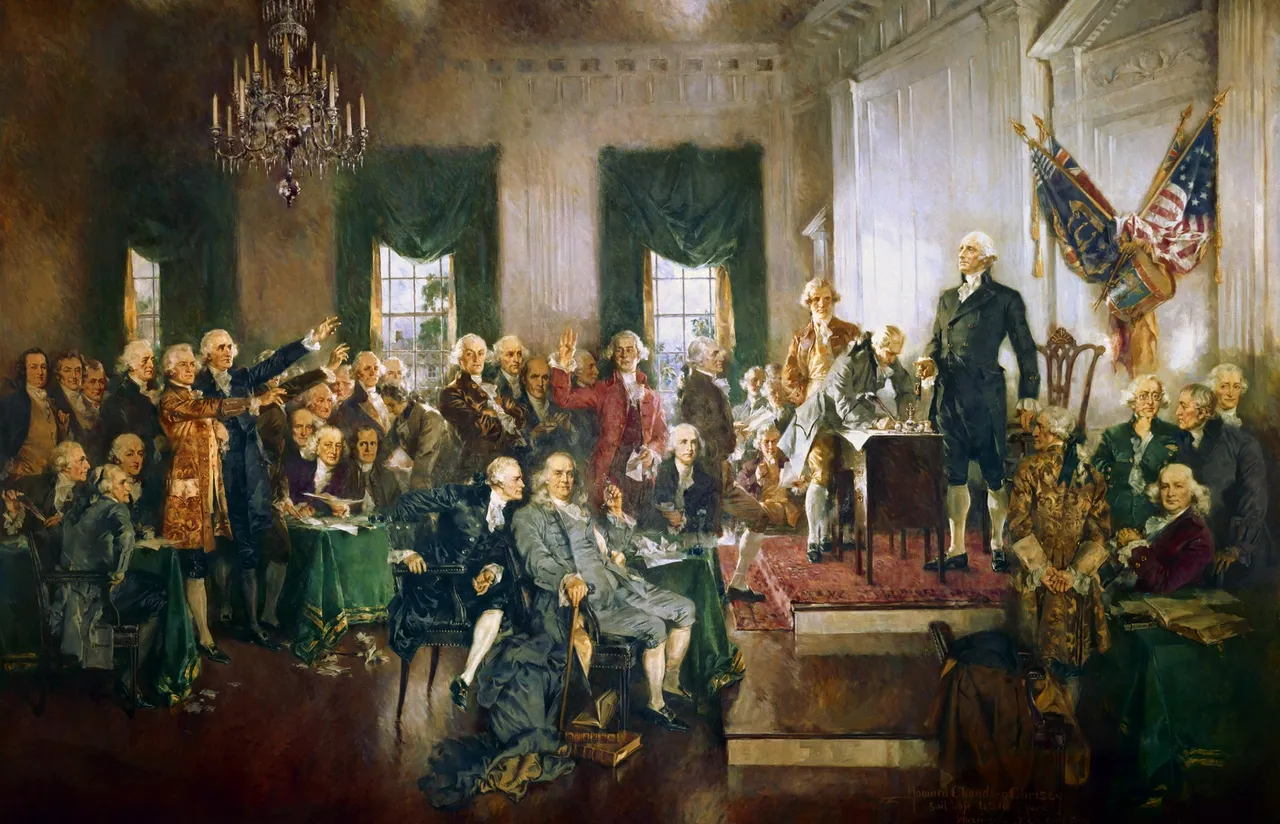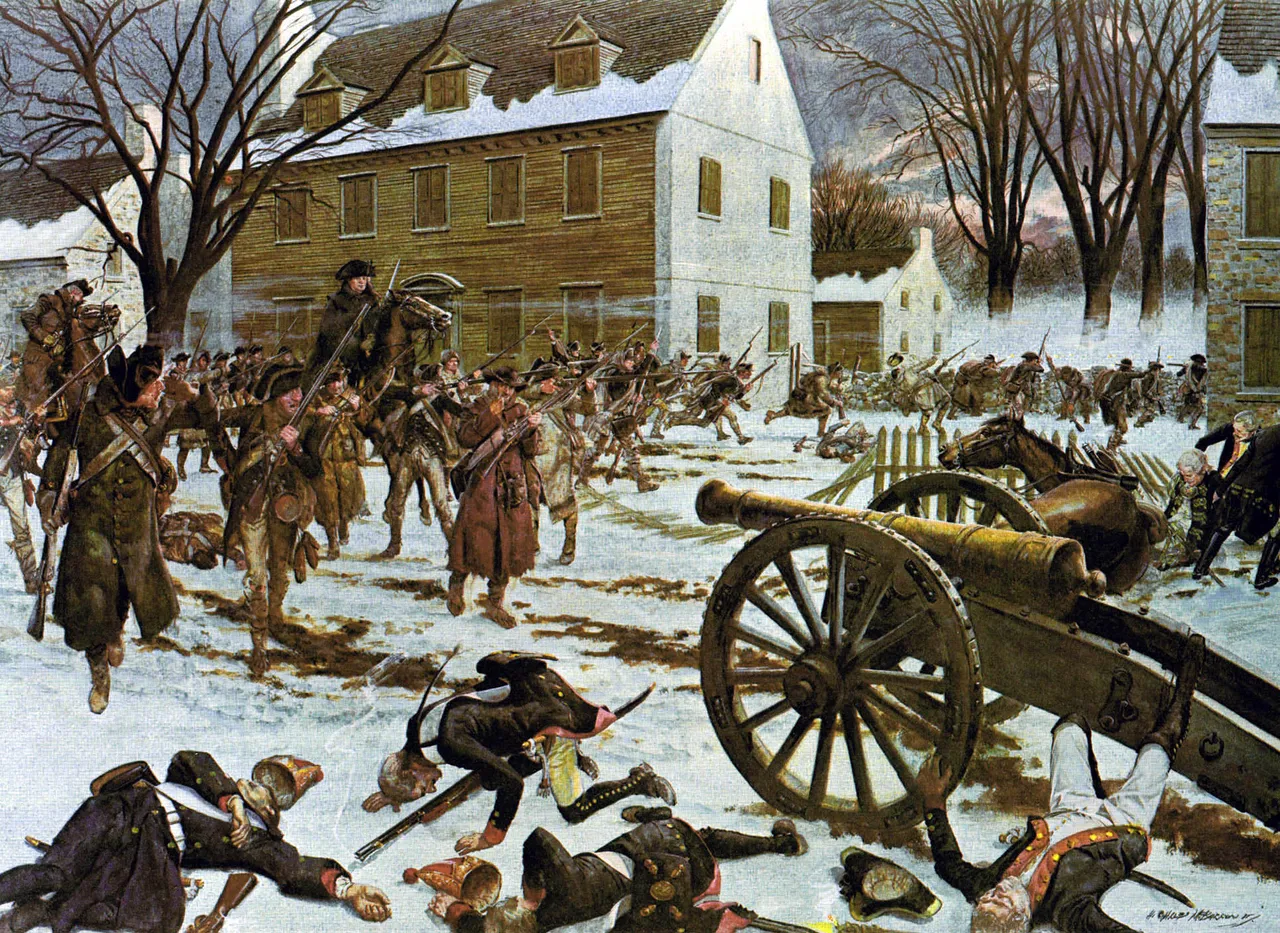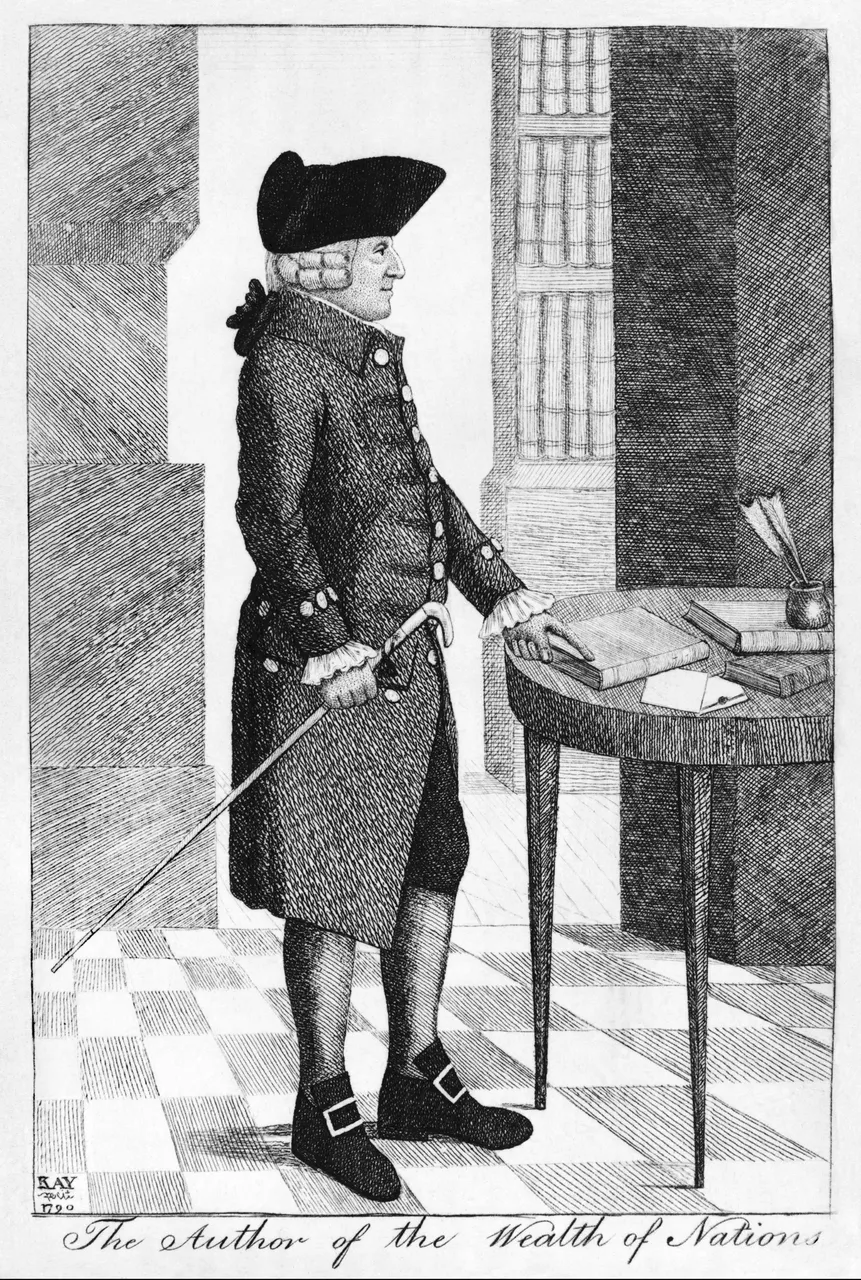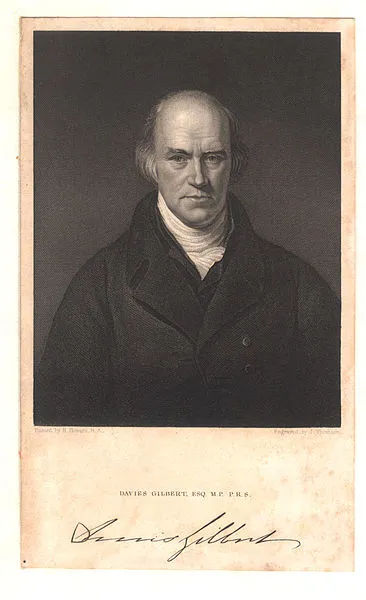Democracy. The word is bandied about these days. It’s election season in my country, and democracy is on the ballot. At least, that’s what both sides are saying. I speak of both sides because elections in the U. S. inevitably become binary.
Them or us.
To hear each side tell it, voting for the other would have apocalyptic consequences. A win on that side-- the other side, would be the end of democracy. The claim seems to ring hollow for a vast segment of the U. S. electorate.
Two hundred and thirty-seven years ago one of the authors of the U. S. Constitution, Ben Franklin, said about our newly-minted government, it “...can only end in despotism, as other forms have done before it, when the people shall become so corrupted as to need despotic government.”
Scene at the Signing of the U. S. Constitution

Image credit: Howard Chandler Christy: Public domain
Are we so corrupted?
There are anomalous signs. People are screaming that they want their vote to be counted. They want the election to be honest and fair. So it seems they do want democracy, or at least a representative government.
But then when a candidate promises to tear up the Constitution, the foundation of government, the document that guarantees the right to vote, these same people are unconcerned.
When a candidate promises to be a dictator “on day one”, these people are once again not alarmed.
When a candidate promises to consolidate power in a unitary executive, to personally take charge of the Justice Department and the military, to strip the Civil Service of its neutrality—the same people are encouraged.
The electorate wants its vote, it wants representation, and yet when there is a promise to strip government of the buffers that guarantee these things, that stand between the people and autocracy, there is applause.
What do I make of these anomalies? The people are not deaf. They do hear. Do they lack understanding? Do they labor under the misguided belief that when the buffers are removed only others will suffer, but their rights will be protected?
Perhaps that’s where Ben Franklin comes in. Perhaps that’s where the corruption resides. People are willing to take away the rights of others, as long as they themselves are protected.
And that’s where the ignorance comes in. If we create a tyrant, if we create a unitary executive with no protection of our rights, then we have forfeited democracy.
As I write these words I wonder, how did it come to pass that so many of us are willing to cede power to one individual?
The Battle of Trenton

More than two hundred years ago we wrested power from a tyrant, a monarch. We were a disorganized band, a heterogeneous people. We were not even unified in purpose. But we fought and bested a more powerful enemy.
We won with a great expenditure of blood and tears.
The government formed from the struggle was imperfect, to be sure. Once again I turn to Ben Franklin's words for illumination: “... there are several parts of this Constitution which I do not at present approve…”. The Constitution was a compromise. Neither the new country nor the authors were unified. One of the miracles of the document was that it was the product of different factions. It was designed to change as the country changed. It could accommodate the needs of a growing nation and conform to the shape of an evolving culture.
People, collectively, the electorate, amended the Constitution over the years--sometimes peacefully, sometimes through a bloody struggle. But never did a single individual, one person, decide that the document would not serve. Not until today were we ever threatened with such a possibility.
But now the threat exists, and a sizable chunk of the electorate not only tolerates but encourages this rupture with our history, and our birthright.
How did such a thing come to pass? Although supporters of this individual come from all walks of life, and all socioeconomic strata, I fault two essential entities. One is the power elite, a group of individuals who understand exactly what the autocratically-inclined presidential candidate promises. Members of this power elite support the candidate's success because they will profit if he wins.
I turn to the acknowledged father of a free market economy, Adam Smith, for elucidation of my proposition. Here are germane excerpts from his book, The Wealth of Nations : “Masters are always and everywhere in a sort of tacit, but constant and uniform combination…” and, “People of the same trade seldom meet together, but the conversation ends in a conspiracy against the public, or in some contrivance to raise prices.” or, “Whenever the legislature attempts to regulate the differences between masters and their workmen, its counselors are always the masters.”
Adam Smith

The candidate in the 2024 presidential election who promises to tear up the Constitution is the very candidate who promises to lower taxes for those whom Smith describes as ‘Masters’. These are the captains of industry. These are the billionaires, the owners of global business enterprises. Billionaires are strong supporters of the autocratically-inclined candidate. Billionaires own the media engines that propagate the candidate’s message, gloss over his flaws, and clean up his image.
Just this week, two billionaire owners of major newspapers overruled their editorial boards. The boards wanted to endorse the autocratically-inclined candidate's opponent. There were resignations from the editorial boards in protest, but that didn't change anything.
Acting alone, members of the Master class could not sway the election. But there is another entity, another block that is comprised of less successful, more poorly educated individuals. Members of this group are generally not well-schooled in history.
Edmund Burke (1729-1797), an Irish philosopher who has been described as the “philosophical fountainhead of modern conservatism”, believed that a well-ordered society has at its head a ‘natural aristocracy’. It is the function of the aristocracy, according to Burke, to govern the masses.
A large percentage of those who support this year's autocratically-inclined candidate would be relegated to the broad category described as 'the masses' by Burke. It would be their proper place in society to be ruled by the elite.
Why don’t people, Burke's 'masses', understand this? Why don’t they see that the faction in politics they support will work against their interests? The 'masses' are empowering an individual who is allied with interests that are contrary to their own.
A specific instance of this? Adam Smith explains how the organization of laborers--i.e., a union--is necessary to balance the combined power of employers. He states: "We rarely hear, it has been said, of the combinations of masters, though frequently of those of workmen...But whoever imagines, upon this account, that masters rarely combine, is as ignorant of the world as of the subject."
And yet, the autocratically-inclined, Constitution-shredding candidate favored by many in the working class has bragged about his history of union busting.
History, philosophy, political science—these are education disciplines disparaged by many, even in post-secondary institutions. In dismissing these subjects the question is asked, “What do we need them for? What is their utility?”
Vocational training, job preparation—this, it has been suggested, is the true purpose of education.
If that is true, if when we educate our children we funnel them through vocational programs without training their minds, then what we end up with is a population that can fix things and do things but that cannot think critically.
I turn to a British politician from the nineteenth century, Davies Giddy, for a Master class perspective. Giddy believed that education should be withheld from the poor. A poor person who was educated, according to Giddy, would not be a willing servant. Education would teach the poor to “...despise their lot in life, instead of making them good servants in agriculture and other laborious employments to which their rank in society had destined them.”
Davies Giddy

In 2023 U. S. News and World Report published an article entitled A National Concern: Student Scores Decline in History and Civics. In 2024 the same periodical published an article entitled, Alternatives to College. The article points out that the cost of a four year education was so high in the U.S. that it would never pay for itself over the lifetime of an average student’s career.
Given higher education cost, it does not seem a viable choice for many lower and middle class students. College is increasingly becoming a luxury reserved for the elite—those who are children of the Master class and who are being groomed themselves for life as a member of that class.
The rest of the students? Those in vocational programs? Davies Giddy might describe them as “good servants...(preparing for) laborious employments to which their rank in society had destined them.”
When these good servants, these laborers hear the drumbeat of a would-be autocrat, a true fascist, will they recognize the echo of a Mussolini, a Hitler? Without a schooling in history, will they recognize the tin promises of prosperity and order? Will they remember the tropes from the past that scapegoated groups, segments of the population labeled as a despised 'other'?
I fear they will not. Those echos reverberate in my country today. I recognize the same old arguments, the ones that worked in past governments, in another time--the ones that were reinforced by a cooperating media and a supportive oligarchic business class.
Democracy is indeed on the ballot this year, the presidential election of 2024. I don’t know if it can be saved.
Image credits:
Image 1, Signing of the Constitution: Howard Chandler Christy: Public domain
Image 2, Battle of Trenton: Charles McBaron, US Military Museum. Public domain
Image 3, Adam Smith: John Kay. Public domain
Image 4, Davies Giddy: Henry Howard, painting. John Thompson, engraving. Public domain